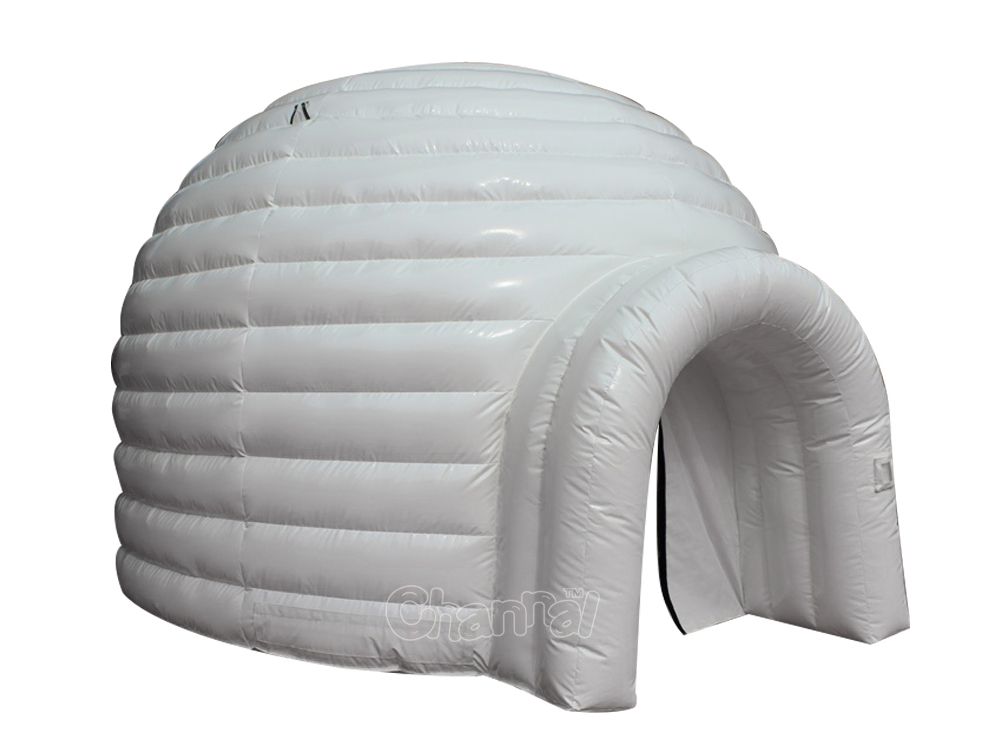Ultimate Guide to Choosing the Perfect Camping Tent for Your Outdoor Adventures
Planning your next outdoor adventure can be an exciting and rewarding experience, especially when it comes to considering the perfect camping tent to accompany your journey. Whether you're a seasoned camper or new to the outdoor scene, selecting the right tent can make all the difference in ensuring a comfortable and enjoyable trip under the open sky. From solo excursions to family vacations in the wilderness, the variety of camping tents available in the market offers a range of features and designs to cater to your specific needs and preferences. So, before you embark on your next camping trip, let's delve into the essential factors to consider when choosing the ideal shelter for your outdoor escapades.
Types of Tents
First, let's talk about the ever-popular dome tent. This type of tent is easy to set up and provides good headroom with its curved design. Dome tents are known for their stability in windy conditions, making them a reliable choice for camping trips.
The second type is the cabin tent, known for its vertical walls that maximize interior space. These tents often come with multiple rooms, providing privacy and comfort for larger groups or families. Cabin tents are great for extended camping trips where interior space is a priority.
Lastly, we have the backpacking tent, designed for those who prioritize lightweight and compactness. These tents are ideal for backpackers and hikers who need to carry their shelter with them. Backpacking tents are typically easy to set up and pack down small, making them perfect for outdoor enthusiasts on the move.
Factors to Consider
When choosing the perfect camping tent for your outdoor adventures, the first factor to consider is size. The size of the tent should accommodate the number of people who will be using it, as well as any gear that needs to be stored inside. A larger tent may offer more comfort and space, but it can also be heavier and bulkier to carry.
Another important factor to consider is the seasonality of the tent. Tents are typically categorized as 3-season or 4-season. A 3-season tent is suitable for spring, summer, and fall camping, while a 4-season tent is designed for winter camping and more extreme conditions. Choosing the right seasonality will ensure you stay comfortable and safe during your outdoor adventures.
Lastly, the tent's setup and ease of use are crucial factors to consider. Look for a tent that is easy to set up, with intuitive poles and a straightforward design. Consider the weight of the tent as well, especially if you will be backpacking to your campsite. A lightweight and easy-to-pitch tent can make your camping experience more enjoyable and hassle-free.
Maintenance Tips
Taking care of your tent is crucial to ensure its longevity and performance. After your camping trip, make sure to thoroughly clean and dry your tent before storing it. This helps prevent mold and mildew growth, extending the lifespan of your tent. Inspect your tent regularly for any signs of wear and tear, such as tears, holes, or broken zippers. Repair these issues promptly to prevent them from getting worse and compromising the integrity of your tent.  When storing your tent, avoid compressing it for long periods as this can damage the fabric and coatings. Instead, loosely pack your tent in a cool, dry place to maintain its shape and protect it from any potential damage.
When storing your tent, avoid compressing it for long periods as this can damage the fabric and coatings. Instead, loosely pack your tent in a cool, dry place to maintain its shape and protect it from any potential damage.